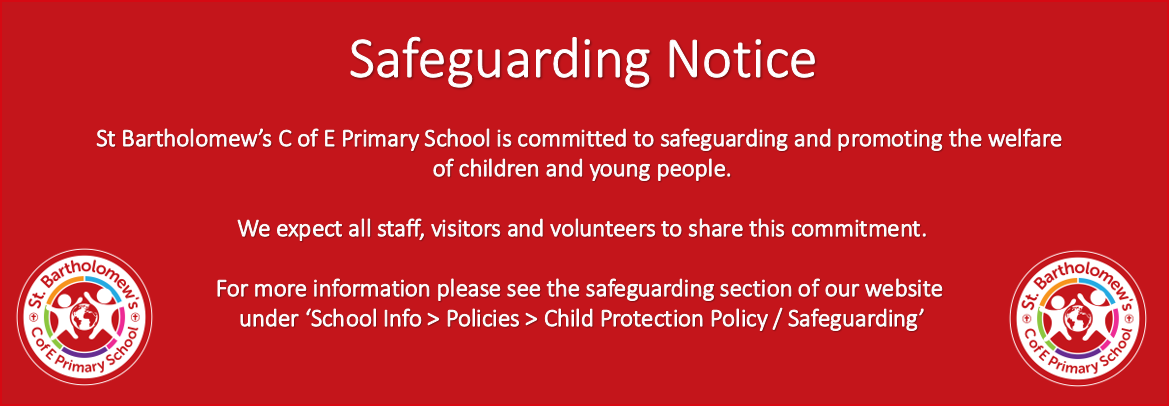Curriculum Intent
Our curriculum is designed to build on children’s prior learning, both from previous settings and their experiences at home. We work in partnership with parents, carers and other settings to provide the best possible start for all, ensuring each individual reaches their full potential from their various starting points.
The curriculum has a strong emphasis on the Prime Areas of learning; Personal, Social and Emotional Development and Communication and Language to provide children with strong foundations enabling them to access all other areas of the curriculum.
We understand and value the importance of Oracy. Oracy not only improves academic outcomes, but is a life skill to ensure success. Oracy develops children’s thinking and understanding, which in turn promotes self-confidence, resilience and empathy which support the child’s well-being. Our enabling environments and warm, skilful adult interactions support the children as they begin to link learning to their play and exploration right from the start.
Our EYFS curriculum is a story based curriculum that allows children to become immersed in stories, developing their understanding, supporting language development and sparking their imagination. We work hard to share our ethos with parents and develop a love of reading both at home and at school.
By the end of the reception year, our intent is to ensure that all children make at least good progress from their starting points are equipped with the skills and knowledge to have a smooth transition into Year 1.
Implementation
Phonics and Early Reading
At St Bartholomew’s, we implement the systematic, synthetic approach through the use of Essential Letters and Sounds. Phonics lessons are taught daily from the first full week of school. Children are assessed half termly in order to identify gaps. These children are then provided with interventions including GPS recognition, oral blending and blending for reading. Reading books are sent home weekly which match the phonemes they have been taught in school. Children read at least 3 times a week to an adult. Whilst children are still learning their sounds they are sent the sounds home they have learnt so far so they can continue to practice at home. Workshops are offered to parents in the Autumn term to provide support to parents with phonics.
Maths
Developing a strong grounding in number is essential for providing children with the platform to excel mathematically. In our EYFS classrooms, we want our children to develop a deep conceptual understanding of the numbers to 10, the relationship between them and the patterns therein.
We plan to provide frequent and varied opportunities to build and apply this understanding so that children develop a secure base of knowledge from which mathematical mastery is built.
There are six key areas of early mathematics learning, which collectively provide a platform for everything children will encounter as they progress through their maths learning at primary school, and beyond:
- Cardinality and Counting
- Comparison
- Composition
- Pattern
- Shape and Space
- Measures.
Children have whole class NCTEM Maths mastery sessions. White rose Maths is used to support provision planning and Shape space and measure elements.
Continuous Provision
Our learning environment is adaptable in order to reflect children’s interests and progression. We value high quality play and opportunities for children to lead their learning. We ensure resources are open ended, accessible and well organised. Children have daily opportunities to develop their communication and language, personal social and emotional development and physical development through carefully selected resources and provision. Provision is enhanced in order for children to apply their knowledge independently, use recently taught vocabulary and develop skills.
Assessment
As part of the teaching and learning process, children are assessed using development matters. Teachers use observations of children during independent play, carpet sessions and group work to identify whether children are on track to meet the Early Learning Goal at the end of the year. We value the professional judgement of teachers and support staff and give time for professional dialogue. We have regular pupil progress meetings to discuss any concerns with SLT. Assessments are used to inform planning including whole class carpet sessions, group work and interventions. Recording of children’s learning is flexible and purposeful, teachers make choices of what is recorded. Learning is recorded in Floor books, online Learning Journals and individual mark making folders. SENIT Developmental Journals are used to record progress of children with SEND.
Parent Partnerships
We understand the importance of parental engagement and believe that our parents have a crucial role to play in their child’s education. We work hard to create strong partnerships between home and school. Parents enjoy using Learning Journals to share experiences from home. Parents receive a weekly update to inform them of what their child has been learning at school.
Impact
The impact of the EYFS curriculum is having well rounded, happy and confident children transitioning into Year 1. We measure progress and children’s learning across the year through formative and summative assessments which are based on teacher’s knowledge of the child, their learning journeys and pieces of independent work. The judgements we make are moderated across key stages within school and with schools in the local area. We regularly review practice and pedagogy and think carefully about the needs of each cohort. There is evidence that children make accelerated progress within our setting, enabling them to access future learning successfully.
Curriculum Documents - EYFS
.png)

.jpg)






